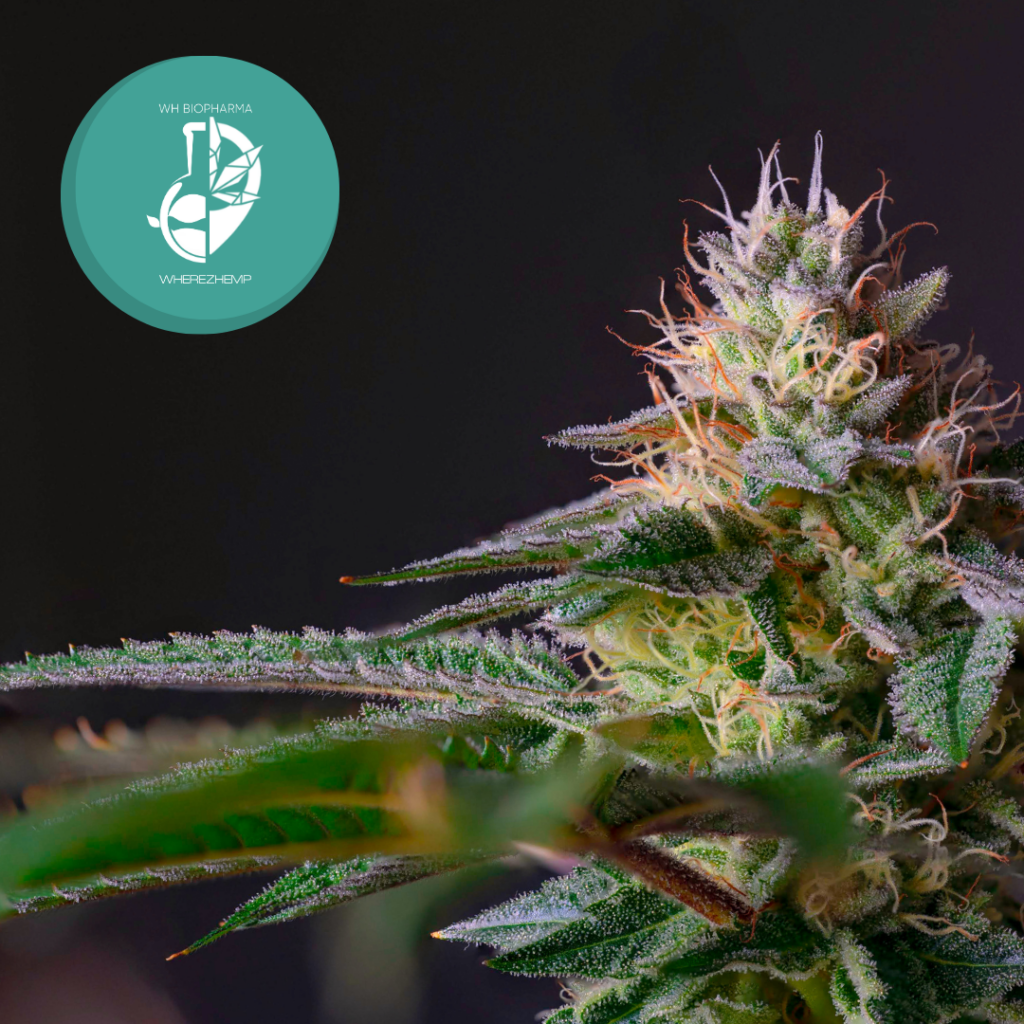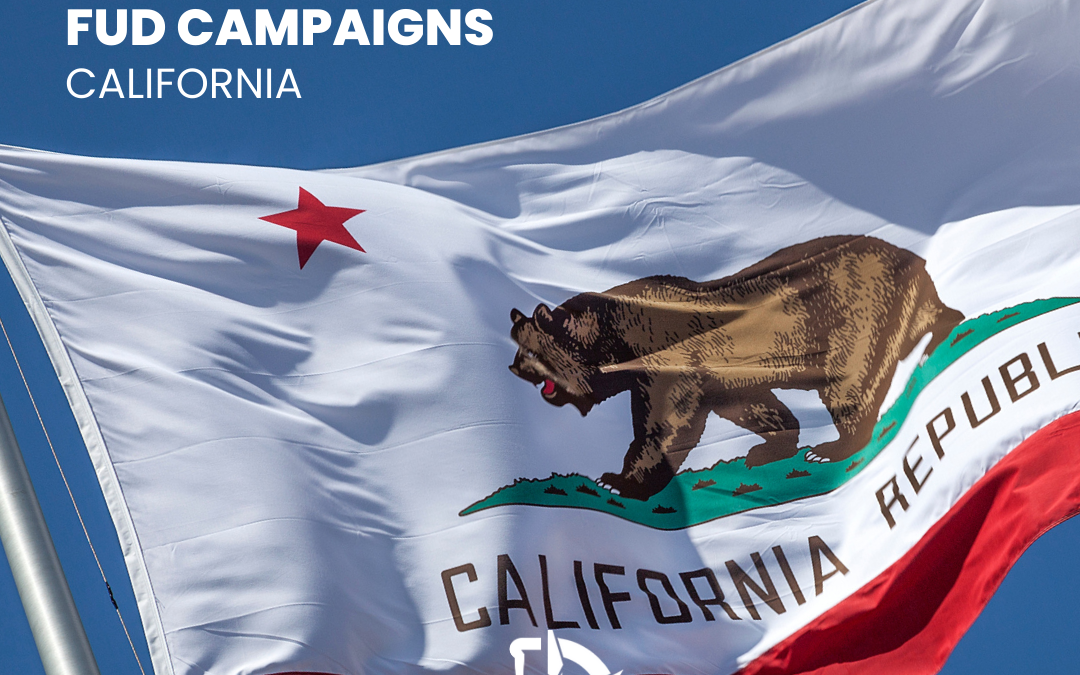In recent years, the cannabis industry has experienced a significant boom, with marijuana growers and cannabis companies exploring new business opportunities in the supply chain. Hemp and CBD products have been particularly popular, with companies creating a range of cannabis products, including CBD oil and other hemp products.
However, the industry has also faced significant challenges, particularly with regards to federal law. Substances like marijuana and hemp remain illegal under federal law, even as some states have legalized them for medicinal and recreational use.
Now, the Drug Enforcement Administration (DEA) is reportedly considering cracking down on Delta 8 THC, a compound found in hemp that has gained popularity as a legal and less potent alternative to traditional marijuana.
Industry experts warn that the potential crackdown could have a significant impact on cannabis businesses, particularly those that rely on hemp products and CBD products with low THC levels like Delta 8 THC. Several cannabis companies in California have reportedly already faced FUD campaigns over manufacturing hemp and CBD products, and many fear that a DEA crackdown could cripple their operations.
While Delta 8 THC is currently legal under federal law, some state governments have taken steps to ban the substance due to concerns about its effects and potential misuse.
The DEA has not yet made any official announcements about a potential crackdown, and it remains unclear how the agency would enforce any new regulations. Nevertheless, the threat of increased scrutiny has many in the cannabis industry on edge, with some calling for greater clarity around federal laws and regulations for hemp and cannabis products.
Despite the challenges facing the industry, many cannabis businesses remain committed to producing high-quality hemp and CBD products for consumers. However, as federal and state laws continue to evolve, companies will need to stay vigilant and adaptable in order to navigate the ever-changing landscape of the cannabis industry.
California Legislature Passes AB 45, Outlawing Delta 8 THC Products Statewide
In a move that could have significant implications for the cannabis industry, the California Legislature has passed AB 45, a bill that would outlaw Delta 8 THC products statewide. The bill, which was passed by the California State Assembly and Senate, now awaits the governor’s signature to become law.
Delta 8 THC, a compound found in hemp, has gained popularity as a legal and less potent alternative to traditional marijuana. However, concerns about the effects and potential misuse of the substance have prompted some lawmakers and industry experts to call for increased regulation.
The passage of AB 45 comes after several cannabis companies in California reportedly faced FUD campaigns over manufacturing hemp and CBD products, and many feared that a DEA crackdown on Delta 8 THC could cripple their operations.
Under the new legislation, Delta 8 THC products would be classified as illegal substances under state law, effectively banning their production and sale. The move has been praised by some industry experts, who argue that greater regulation is needed to ensure the safety and efficacy of cannabis products.
However, the decision has also been met with criticism from some in the cannabis industry, who argue that the ban could stifle innovation and harm businesses that rely on hemp products and CBD products with low THC levels.
The debate around Delta 8 THC is just one example of the ongoing challenges facing the cannabis industry, as federal and state laws continue to evolve. Despite these challenges, many cannabis businesses remain committed to producing high-quality hemp and CBD products for consumers.
As the industry continues to grow and evolve, it will be important for companies to stay vigilant and adaptable in order to navigate the ever-changing landscape of the cannabis industry.
California Implements Stricter Rules and Regulations for Delta 8 THC, Raids on the Rise
As the cannabis industry continues to grow and evolve, California has implemented stricter rules and regulations for Delta 8 THC products. The state has been cracking down on businesses that produce and sell these products, with raids on the rise.
Delta 8 THC is a compound found in hemp that has gained popularity as a legal and less potent alternative to traditional marijuana. However, concerns about the effects and potential misuse of the substance have prompted regulators to take action.

Under California’s new rules, Delta 8 THC products must be tested to ensure they meet certain safety and potency standards. In addition, businesses that produce or sell these products must obtain licenses and comply with a range of regulations.
The crackdown on Delta 8 THC products has resulted in a significant increase in raids and enforcement actions against cannabis businesses. Industry experts warn that the new rules and regulations could have a significant impact on the industry, particularly smaller businesses that may struggle to comply with the new requirements.
Despite the challenges facing the industry, many cannabis businesses remain committed to producing high-quality hemp and CBD products for consumers. However, as the regulatory environment continues to evolve, companies will need to stay vigilant and adaptable in order to navigate the ever-changing landscape of the cannabis industry.
The debate around Delta 8 THC is just one example of the ongoing challenges facing the industry, as federal and state laws continue to evolve. As the industry continues to grow and mature, it will be important for regulators and industry leaders to work together to create a safe and sustainable marketplace for cannabis products.
A Changing Market
The market for hemp, CBD, and Delta 8 products is facing a period of significant change, with evolving regulations and consumer trends driving shifts in the industry. As the market matures, businesses will need to adapt in order to stay competitive and meet the changing needs of consumers.
One major factor driving change in the industry is the increasing regulation of these products at both the state and federal levels. As concerns about safety and quality control continue to grow, regulators are implementing stricter rules and requirements for businesses that produce and sell these products.

For example, some states have implemented new testing requirements for hemp and CBD products to ensure they meet certain safety and potency standards. In addition, many states are cracking down on Delta 8 THC products, which have faced increased scrutiny in recent months.
Another factor driving change in the market is shifting consumer preferences. As more people turn to these products for a range of health and wellness benefits, businesses are working to develop new and innovative products to meet the needs of consumers.
This has led to the introduction of new products like Delta 10 THC, which has gained popularity as a legal and less potent alternative to traditional marijuana. In addition, many companies are exploring the use of other cannabinoids, like CBN and CBG, in their products to offer consumers new and unique experiences.
Despite these changes, the market for hemp, CBD, and Delta 8 products remains strong, with many businesses continuing to experience significant growth. As the industry continues to evolve, businesses will need to stay agile and adaptable in order to meet the changing needs of consumers and navigate the evolving regulatory environment.
The debate around hemp, CBD, and Delta 8 products is just one example of the ongoing challenges facing the industry, as federal and state laws continue to evolve. However, with continued innovation and a commitment to quality and safety, the market for these products is poised for continued growth in the years to come.

